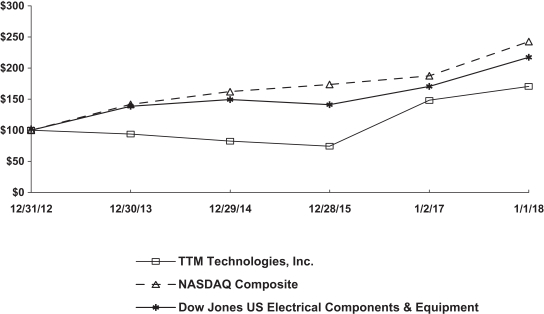Outages, computer viruses,break-ins, and similar events could disrupt our operations, and breaches of our security systems may cause us to incur significant legal and financial exposure.
We rely on information technology networks and systems, some of which are owned and operated by third parties, to collect, process, transmit, and store electronic information. In particular, we depend on our information technology infrastructure for a variety of functions, including worldwide financial reporting, inventory management, procurement, invoicing, and email communications. Any of these systems may be susceptible to outages due to fire, floods, power loss, telecommunications failures, hacking, terrorist attacks, and similar events. . In addition, in the ordinary course of our business, we collect and store sensitive data in our data centers and on our networks, including intellectual property, our proprietary and confidential business information and that of our customers, suppliers and business partners, and personally identifiable information of our employees. The secure collection, processing, storage, maintenance and transmission of this information is critical to our operations. Despite the implementation of network security measures, our systems and those of third parties on which we rely may also be vulnerable to computer viruses,break-ins, cyber attacks, attacks by hackers or breached due to employee or third party (including suppliers and business partners) error, malfeasance or other disruptions. If we or our vendors are unable to prevent such outages and breaches, our operations could be disrupted. If unauthorized parties gain access to our information systems or such information is used in an unauthorized manner, misdirected, altered, lost, or stolen during transmission, any theft or misuse of such information could result in, among other things, unfavorable publicity, governmental inquiry and oversight, difficulty in marketing our services, allegations by our customers that we have not performed our contractual obligations, loss of customers, litigation by affected parties, and possible financial obligations for damages related to the theft or misuse of such information, any of which could have a material adverse effect on our business, financial condition, and results of operations.
Damage to our manufacturing facilities due to fire, natural disaster, or other events could materially adversely affect our business, financial condition, and results of operations.
The destruction or closure of any of our facilities for a significant period of time as a result of fire, explosion, blizzard, act of war or terrorism, flood, tornado, earthquake, lightning, other natural disasters, an outbreak of epidemics such as Ebola or severe acute respiratory syndrome, required maintenance, or other events could harm us financially, increasing our costs of doing business and limiting our ability to deliver our manufacturing services on a timely basis.
Our insurance coverage with respect to damages to our facilities or our customers’ products caused by natural disasters is limited and is subject to deductibles and coverage limits. Such coverage may not be adequate or continue to be available at commercially reasonable rates and terms.
In the event one or more of our facilities is closed on a temporary or permanent basis as a result of a natural disaster, required maintenance or other event, or in the event that an outbreak of a serious epidemic results in quarantines, temporary closures of offices or manufacturing facilities, travel restrictions or the temporary or permanent loss of key personnel, our operations could be significantly disrupted. Such events could delay or prevent product manufacturing and shipment for the time required to transfer production or repair, rebuild or replace the affected manufacturing facilities. This time frame could be lengthy and result in significant expenses for repair and related costs. While we have disaster recovery plans in place, there can be no assurance that such plans will be sufficient to allow our operations to continue in the event of every natural orman-made disaster, pandemic, required repair or other extraordinary event. Any extended inability to continue our operations at unaffected facilities following such an event would reduce our revenue and potentially damage our reputation as a reliable supplier.
We face constant pricing pressure from our customers and competitors, which may decrease our profit margins.
Competition in the PCB market is intense, and we expect that competition will continue to increase, thereby creating a highly aggressive pricing environment. We and some of our competitors have reduced average selling prices in the past. In addition, competitors may reduce their average selling prices faster than our ability to reduce costs, which can also accelerate the rate of decline of our selling prices. When prices decline, we may also be required to write down the value of our inventory.
30
